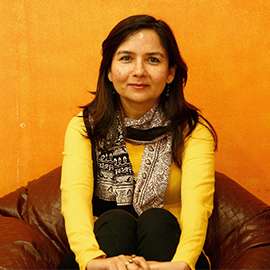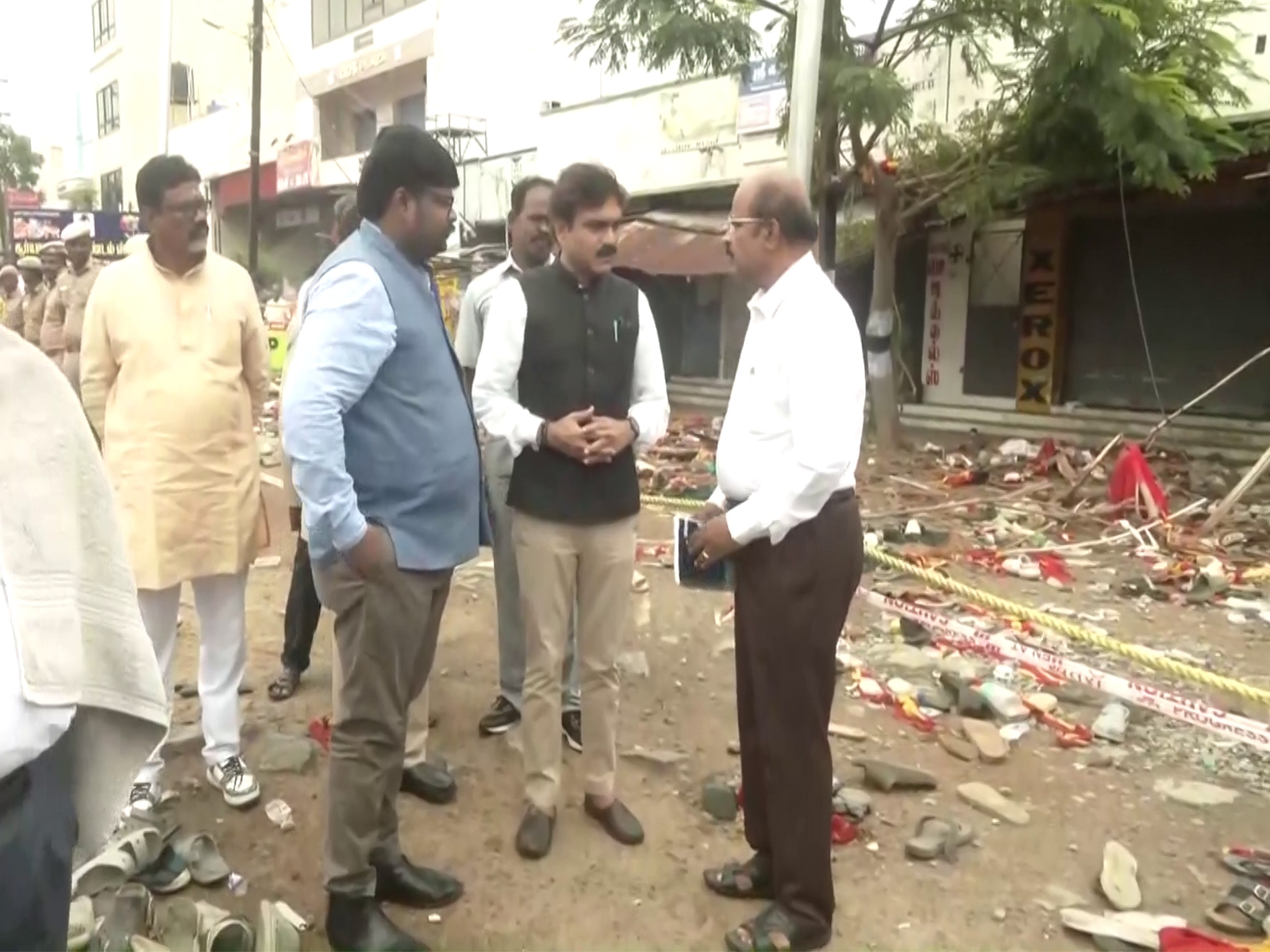Sudha Murty: 'Our world is not very different from the world of Mahabarata'

Sudha Murty is an engineer, writer, teacher and philanthropist. She works 7 days a week, and walks into office by 6 AM. She hasn't shopped in 20 years and the fact that she is the wife of one of India's richest men hardly comes through when she talks.
Of course, it is not easy to seek an appointment, even if only on the phone, to interview Murty. When she does make time she is interrupted by an important overseas call. When you call again, she is profusely apologetic.
Murty is in the news because she has written yet another book. For those not in the know, she has 24 books and 156 titles to her credit. The first part of her four-part series on the Mahabharata was released on Children's Day. It's called The Serpent's Revenge: Unusual Stories from the Mahabharata (Puffin Books/Penguin).

The book is minus all the frills - reinterpretations or exaggerations - and tells the mythological tales as they are. It's the book to flip through if you want to know the basics - "How many names does Arjuna have?", "Why was Yama cursed?" or "What lesson did a little mongoose teach Yudhisthira?" or "Why the Kurukshetra war was fought between the Kauravas and the Pandavas, and why did the gods take sides?"
Or, if you are longing to read what is already not in the realm - largely unheard of stories from Kurukshetra, set before, after and during the war, that lend the Mahabharata its many varied shades.
Also read -Mama's Boys reprises Mahabharata in the modern age. With token gay characters obviously
But there is a lighter side to Murty too, as we discovered during the interview. She loves her movies, had a crush on Dilip Kumar, cried when Rajesh Khanna died and adores Hrithik Roshan. She's also a big fan of Gauri Shinde and is looking forward to seeing Dear Zindagi.
Edited excerpts from the interview:
LH: You are an engineer, writer, teacher and philanthropist - which is the role you find most fulfilling?
SM: I love all my roles.
LH: There is a sudden interest in mythology. Why do think this is happening?
SM: It started with the TV serials based on mythological tales. But I prefer books, because TV limits your creativity. If you are reading a book your mind can soar.
LH: There is also this sudden interest in the retelling of mythological stories...
SM: True. You are explaining it as per today's concepts... But the purpose of writing mythology (should not be peppered with) too much description, adjectives...(then) it is difficult to read. So when you make it very simple, it is easy to read.
LH: There are different versions of mythology...
SM: Other writers are also writing many nice things...
LH: But often it is a complete retelling. From a feminist perspective or otherwise. You say in your introduction to the book that when you heard some stories as a child you too thought there was something wrong with the story and that it perhaps got lost in transmission, like in a game of Chinese Checkers. So are you not also retelling the story with a more logical, believable interpretation?
SM: Yes. Because I am not the original author I don't have a right to change the core. I can only retell. My way of retelling is to make it simple.
Also read -Don't demean Hindu epics: Hindu groups threaten Delhi Belly's Akshat Verma's take on Mahabharata
LH: So there is no agenda there...
SM: Yes, to make it very simple. I don't use some words...Then I don't use too many descriptions. People should understand (the story) as simple as possible, then only they will like it.
I sent one book to my daughter to read it out to my grandchildren. She said she could not complete it because there was too much exaggeration, too much inconsistency. She could not understand how Chandrabhusha was related to the Pandavas.
Then I thought let me write it in a simple way. When I was writing this book I was worried that there are already so many books in the market. I didn't know how people will receive this, but this book has sold 20,000 copies in one week.
I was keeping my fingers crossed...
LH: Do you know all our ancient tales like the back of your hand or do you have to keep referring to the original source when you start writing?
SM: (laughs) By and large I know it by heart because of my upbringing. I do a little bit of referencing now because I am getting old, I check once before I write.
LH: In your book, you quote Rahi Masoom Raza as saying that 'no matter what the situation is anywhere in the world, it has already been reflected in the Mahabharata. If the circumstance has not been reflected in the epic, then it will never occur in real life'. But isn't our world far more competitive, far more stressed...
SM: Their world was stressful. Their stress was different from ours. Every generation has a different kind of stress.
LH: They were perhaps less competitive?
SM: They had to compete with nature...
LH: Aren't we more materialistic?
SM: They were also materialistic. Why did Kauravas and Pandavas have a war? Over a kingdom or land.
The basic human nature has not changed. Nature and desire is the same... So many times when I see two brothers fighting it reminds me of the Mahabharata. The basic instinct remains the same, basic stress remains the same, basic fear remains the same, but it is in a different form. Love for kingdom, love for land, love for money remains unchanged.
LH: You describe Shankuntala as beautiful, Maneka as a beautiful enchantress. Aren't you reinforcing stereotypes by giving too much emphasis to a woman's beauty?
SM: It is practical. Maneka was beautiful. Sukanya was also beautiful but chose a husband who is blind. Where it is required, one has to write it.
External beauty is not an indicator of internal beauty. I write only when the situation demands it. I cannot write that a woman is ordinary-looking if she is beautiful.

LH: You work 7 days a week. How do you find the 'me-time'?
SM: I don't socialise much.
LH: Don't you get tired?
SM: Everyday is a holiday because I enjoy my work.
LH: And you haven't shopped in 15 years?
SM: In 20 years.
LH: You don't accept gifts even from family?
SM: I accept only books.
LH: I believe you are a major movie buff?
SM: Yes. I will go and watch Dear Zindagi today. I like Gauri Shinde(film's director) a lot.
LH: Who are your favourites?
SM: Dilip Kumar is the best star. I cried when Rajesh Khanna died. Amongst the new ones I like Hrithik Roshan.
LH: You once took a 365-day challenge and watched one film a day. Is that true?
SM: Yes. When I was young I could do that. Now I don't have to prove anything. I watch movies with a critical angle - analyse the dialogues, the lyrics.
LH: You've even acted in a film. Have you thought about being a film writer?
SM: I would have liked to, but I don't have the time. There are good people doing that.
First published: 28 November 2016, 7:21 IST






![BJP's Kapil Mishra recreates Shankar Mahadevan’s ‘Breathless’ song to highlight Delhi pollution [WATCH] BJP's Kapil Mishra recreates Shankar Mahadevan’s ‘Breathless’ song to highlight Delhi pollution [WATCH]](https://images.catchnews.com/upload/2022/11/03/kapil-mishra_240884_300x172.png)

![Anupam Kher shares pictures of his toned body on 67th birthday [MUST SEE] Anupam Kher shares pictures of his toned body on 67th birthday [MUST SEE]](https://images.catchnews.com/upload/2022/03/07/Anupam_kher_231145_300x172.jpg)






